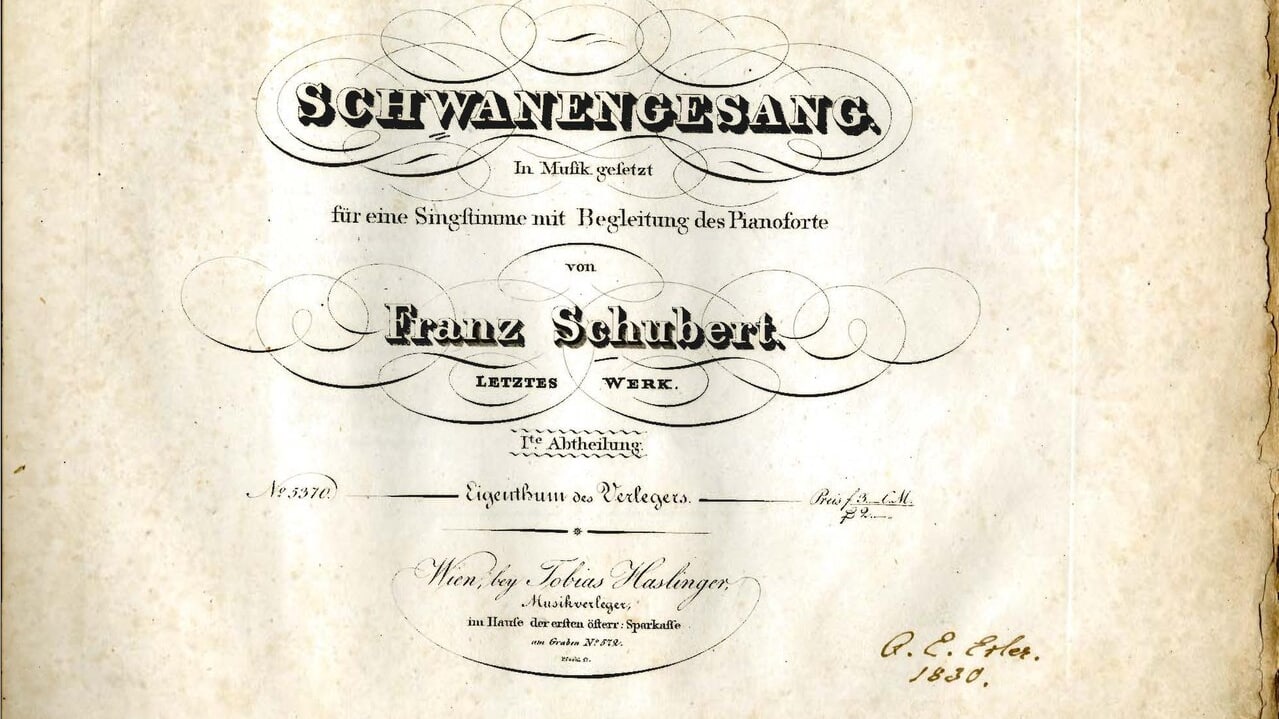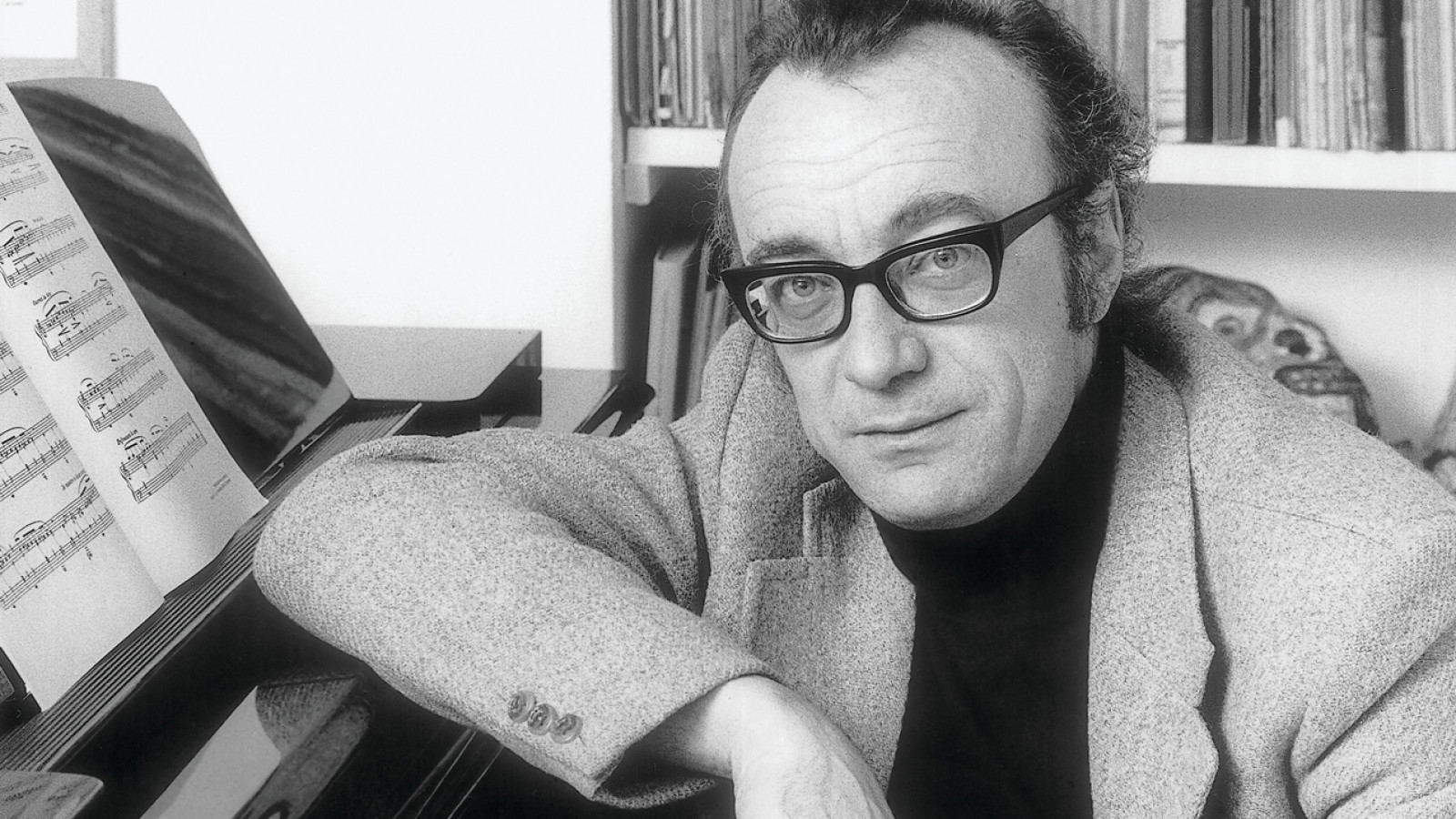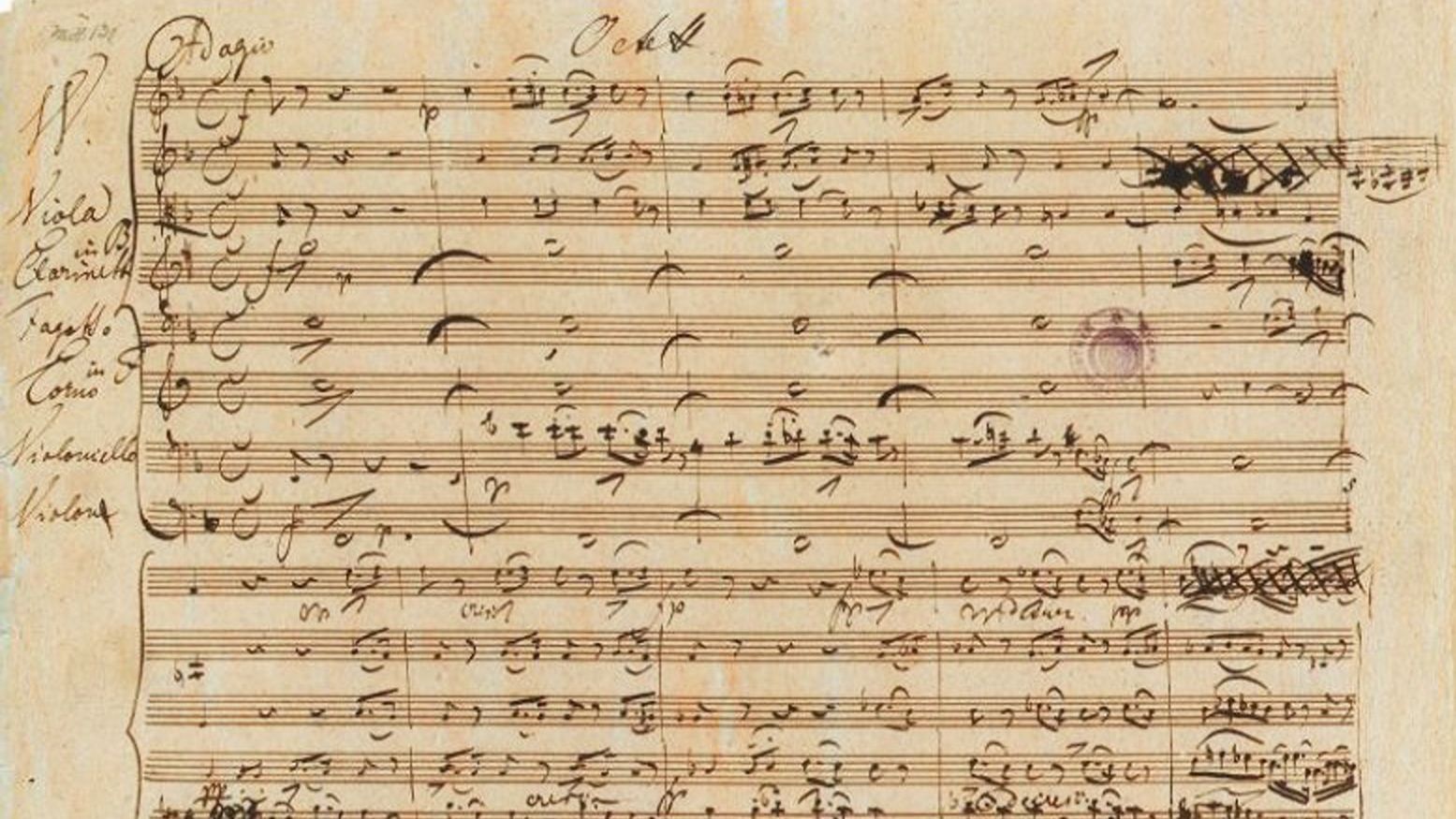Schubert’s “Schwanengesang,” “Kriegers Ahnung”: Warrior’s Foreboding
Franz Schubert composed Schwanengesang (“Swan Song”), D. 957, a cycle of 14 posthumously published songs, in October of 1828, a month before his death. The haunting second song, Kriegers Ahnung (“Warriors Foreboding”), foreshadows Mahler’s Wo die schönen Trompeten blasen from Des Knaben Wunderhorn. The text by Ludwig Rellstab is the ghostly soliloquy of a soldier who fears imminent death on the battlefield, and who longs to return to his beloved. The piano’s desolate …







